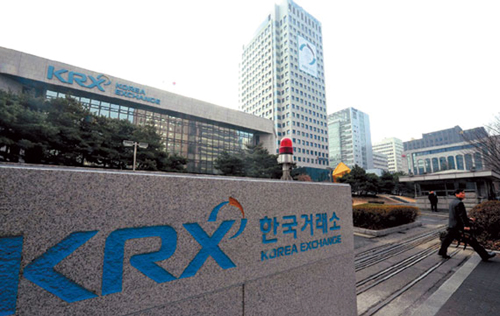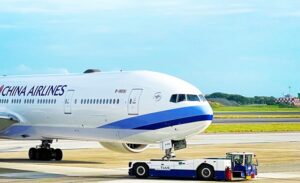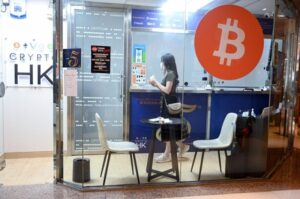South Korean stocks faced a tumultuous day of trading as geopolitical tensions escalated in the Middle East. The benchmark Korea Composite Stock Price Index (KOSPI) plummeted by 2.28 percent, shedding 60.8 points to close at 2,609.63. The decline was attributed to Israel’s warning of retaliation following Iran’s drone and missile attack over the weekend. This heightened tension also caused the Korean won to sharply depreciate against the U.S. dollar, closing at 1,394.5 won, down 10.5 won from the previous session’s close.
Trade volume remained moderate, with 557 million shares worth 11.9 trillion won (US$8.48 billion) changing hands. Decliners outnumbered gainers significantly, at 771 to 124. Foreign investors offloaded a net 272 billion won, while individuals and institutions took the opposite stance, with a net purchase of 549 billion won and a net sale of 293 billion won, respectively.
Analysts warned of potential increased volatility if the conflict in the Middle East continues to escalate, especially considering South Korea’s heavy reliance on energy imports. Kim Dae-jun, a researcher at Korea Investment & Securities Co., stated, “While the possibility of Israel’s retaliation against Iran may lead to volatility in the oil price, the upward momentum is currently limited as Western countries, including the United States, are against the expansion of the conflict.”
Top-cap stocks felt the brunt of the market turmoil, with Samsung Electronics plunging 2.68 percent and SK hynix tumbling 4.84 percent. Battery makers also suffered losses, following U.S. electric car giant Tesla’s downward trend. LG Energy Solution and Samsung SDI dropped 1.88 percent and 1.9 percent, respectively.
Air carriers were not spared from the bearish sentiment, as Korean Air Lines fell 1.58 percent, Asiana Airlines decreased by 0.29 percent, and Jeju Air lost 2.31 percent.
Bond prices closed lower, with the yield on three-year Treasurys adding 2.9 basis points to 3.469 percent, and the return on the benchmark five-year government bonds gaining 3.8 basis points to 3.532 percent. South Korea’s currency authorities expressed concern over the won’s sharp decline against the U.S. dollar, stating that one-sided movement is “not desirable” for the Korean economy. Moon Da-woon, a researcher at Korea Investment & Securities, warned that the rate may reach 1,440 won should the conflict expand further.
(Source: Korea Herald)









